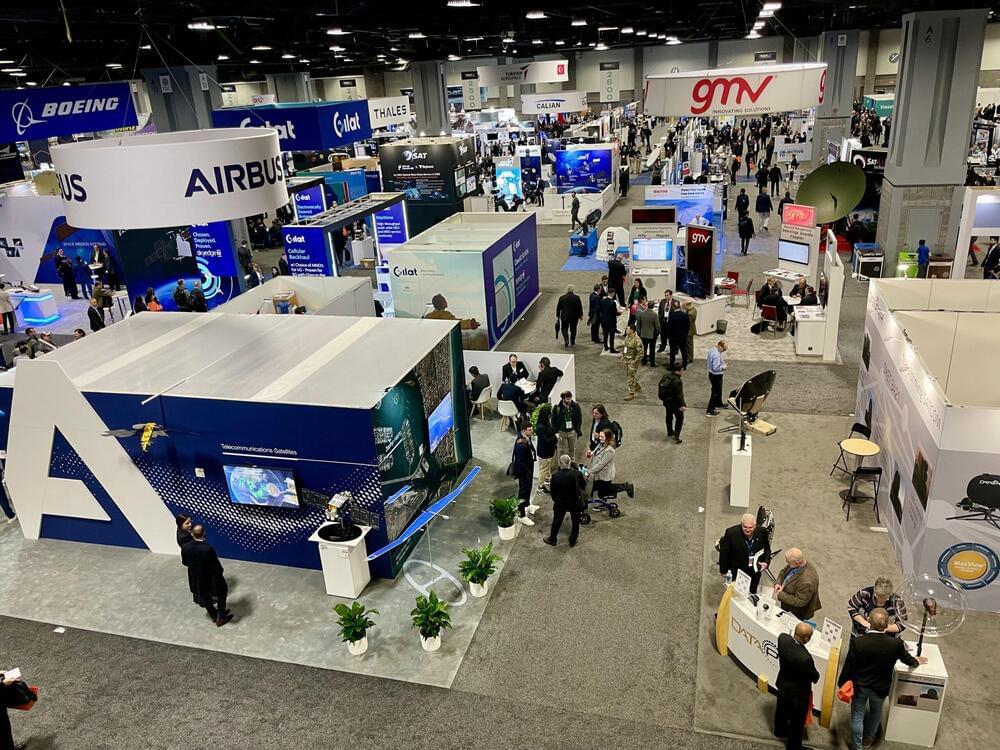In March, the United States reported its first detection of the highly pathogenic H5N1 avian influenza in dairy cattle, with outbreaks spreading to nine states by May. The transmission method among cattle remains unclear. However, a study published in the journal Nature Communications revealed that a similar H5N1 strain, subtype clade 2.3.4.4b, which previously caused an outbreak in farmed mink in 2022, was capable of airborne transmission to a small group of ferrets.
This is the first time that a member of the group of H5N1 clade 2.3.4.4b viruses has been shown to exhibit this ability. According to the Penn State researchers who led the study, the findings suggest these viruses are evolving to infect mammals and with potentially increased risk to humans.
“While there is no evidence that the strain of H5N1 that is presently affecting dairy cattle is capable of airborne transmission, our study suggests that another member of this family of viruses has evolved some degree of airborne transmissibility,” said Troy Sutton, associate professor of veterinary and biomedical sciences, Penn State, and corresponding author on the paper. “This finding underscores the importance of continued surveillance to monitor the evolution of these viruses and their spillover into other mammals, including humans.”







